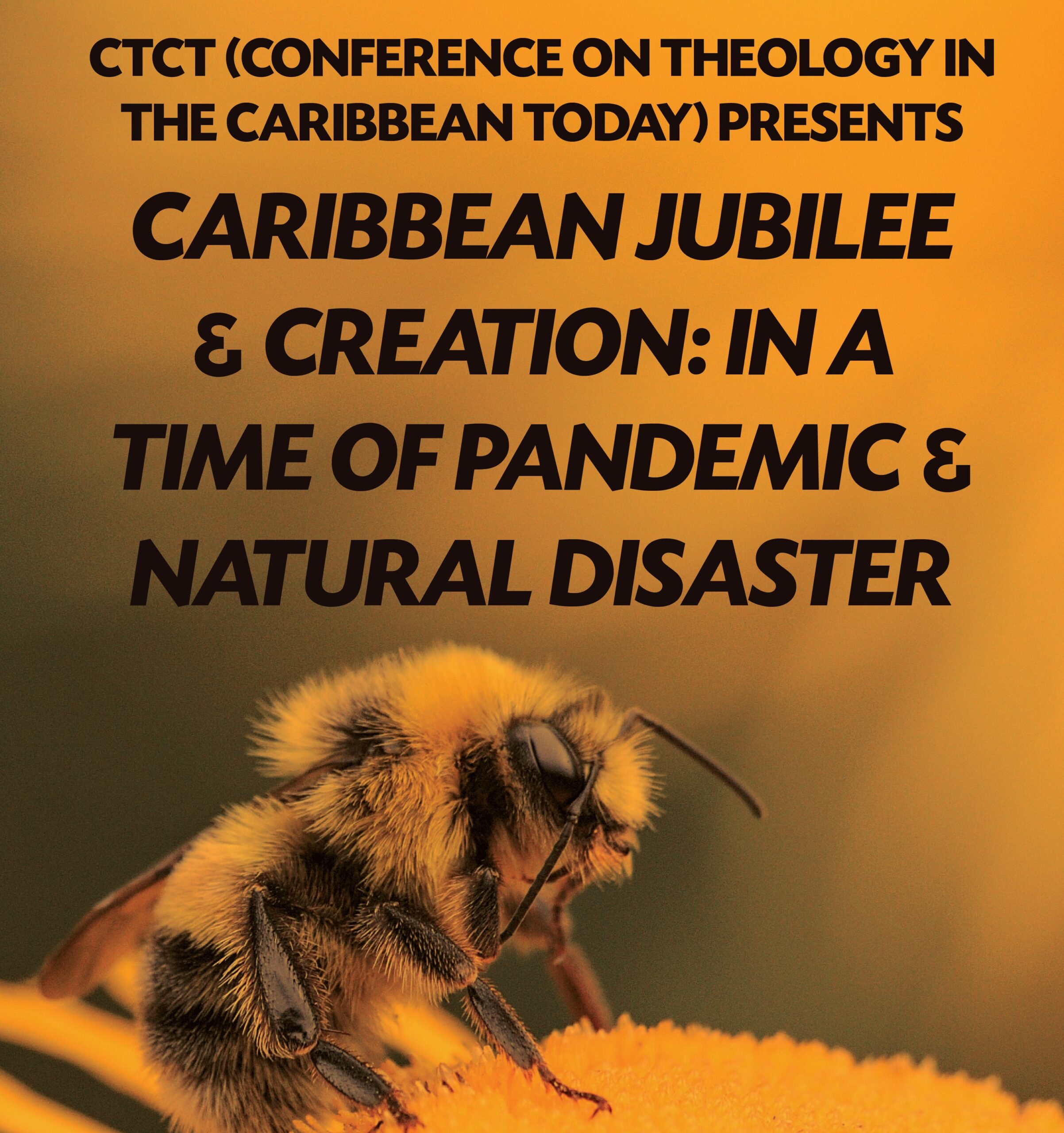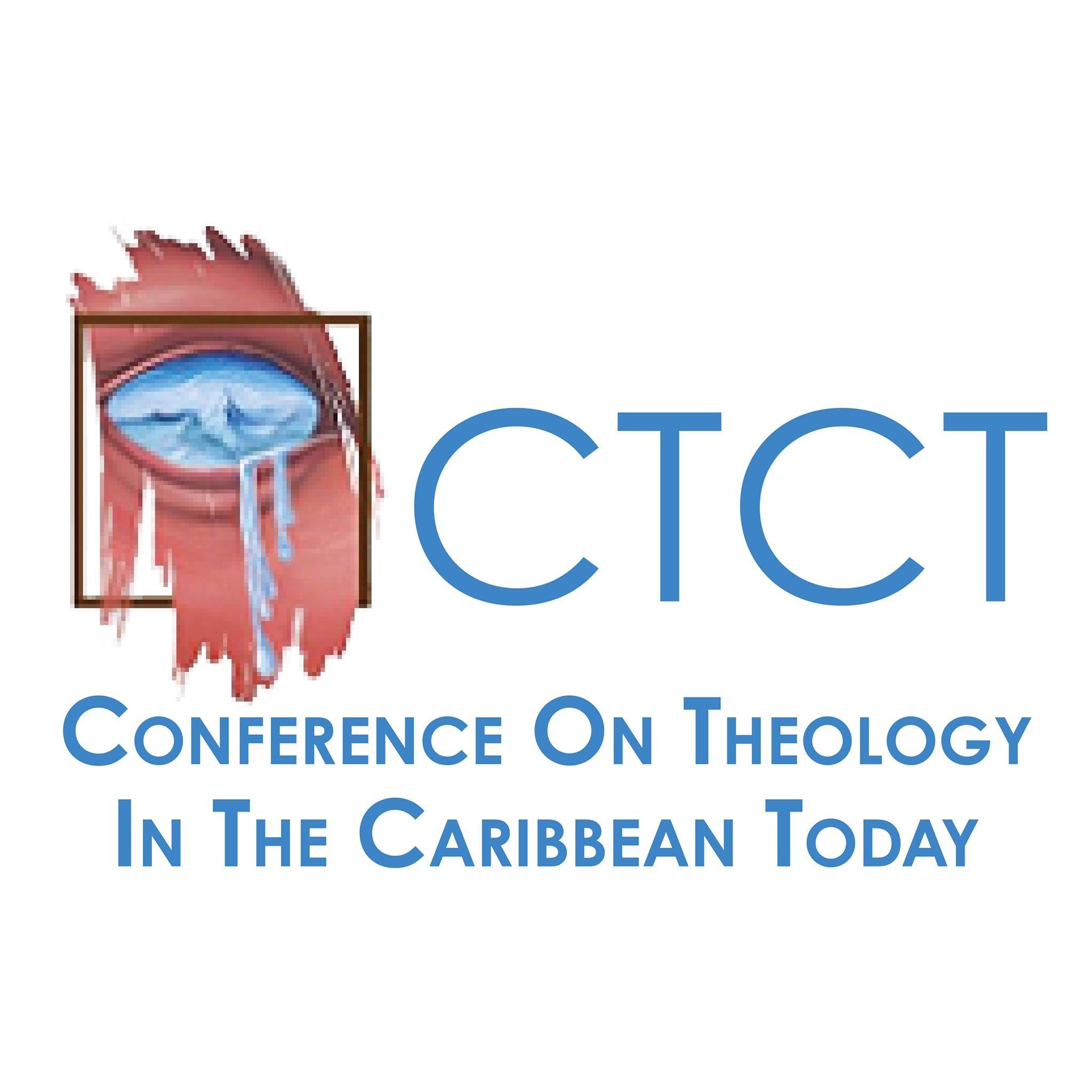Blog Detail
Blog Detail
CTCT calls for a Caribbean Jubilee
“Caribbean Jubilee and Creation: In a Time of Pandemic and Natural Disaster”, the theme of the third “Virtual Forum” hosted by the Conference on Theology in the Caribbean Today [CTCT] on Thursday October 15, 2020 elicited local, regional and international participation. Inspired by Pope Francis’ 2015 encyclical, Laudato Si’ (LS), the Pope’s 2020 post-synodal exhortation, Querida Amazonia (QA) and the recently concluded Season of Creation (September 1-October 4, 2020), featured presenter, Joel Thompson, S.J. – a Guyanese Jesuit pursuing graduate studies in Theology – developed his presentation based on a four-dimensional theological framework: beauty, community, justice and hope. Bishop Gabriel Malzaire of the Diocese of Roseau, Dominica, responded to the presentation.
Identifying jubilee as a time of remembrance, in which we rest, reflect and cherish the memory of our inter-relational existence, Joel considered each of the four dimensions against the paired backdrop of “integral ecology” (L.S. § 225) and our Caribbean realities. He urged a holistic and integrated view of creation while asking, “What’s a good life for a Caribbean person?” The dimension of beauty, existent in Caribbean peoples, our countries and realities, was identified. Joel echoed the Pope’s identification of beauty as the lens through which we should be looking at reality because “rather than a problem to be solved, the world is a joyful mystery to be contemplated with gladness and praise” (L.S. §12). It was noted that a way of beauty inspires gratitude and helps us to see others and all created things as beautiful.
Community, which draws on our interconnection with each other (L.S. § 219), was identified as a sustaining force that is important for resilience (Q.A. § 20). Justice was considered in terms of a lament in relation to global consumerism levels and the serious impact of the ecological crisis on the Caribbean region. The need for urgent practical action to remedy this injustice was posited. Joel suggested that hope is a commitment to actions in the present that will lead to the future we want. Hope was reflected in terms of the cumulative efforts of communities working for ecological justice and founded on the idea of ‘good living’ for ourselves and for those who will come after us.
Bishop Malzaire’s reply highlighted the Dominica Climate Resilience and Recovery Plan 2020-2030 as a local level practical response to that which threatens Caribbean nations regionally and globally. Identified in the plan were six “result areas”, namely: strong communities; robust economy; well planned and durable infrastructure; enhanced collective consciousness; strengthened institutional systems; and, protected and sustainably leveraged natural and other unique assets. It was suggested that focusing on these six areas would allow the Government to deliver on its resilience targets.
In contributing to the four-dimensional framework, Bishop Malzaire referenced the encyclical, Fratelli Tutti (2020). He confirmed: that the resilience agenda proposed by the Dominica Government was intended to preserve, maintain and enhance the beauty of the country and its people, not only physically, but socially, educationally and spiritually; the aspect of community is of great importance to the success of any developmental agenda in the Caribbean (F.T. § 8); justice flows from “true development of a people”; and, the three dimensions previously mentioned find their true meaning in a spirituality of hope (F.T. § 54 & 55). Our vulnerability and the increased urgency to achieve results due to the Covid-19 pandemic was acknowledged and emphasized by Bishop Malzaire.
A “Q & A” segment followed the featured presentation. One such contribution identified the wisdom of indigenous peoples in their relationship to the land and environment (L.S. § 146). Relying on his experience of life in the interior of Guyana, Joel identified two lessons learned from the indigenous communities: firstly, land is not a right but a gift from God that must be appreciated. Adopting this perspective would change our view and usage of land as a natural resource. Secondly, in observing the indigenous people’s practices of consumption, namely, consuming only what is needed, we would have less waste and better differentiate between our needs and wants (for profit). CTCT will host its fourth “Virtual Forum” in December 2020.
